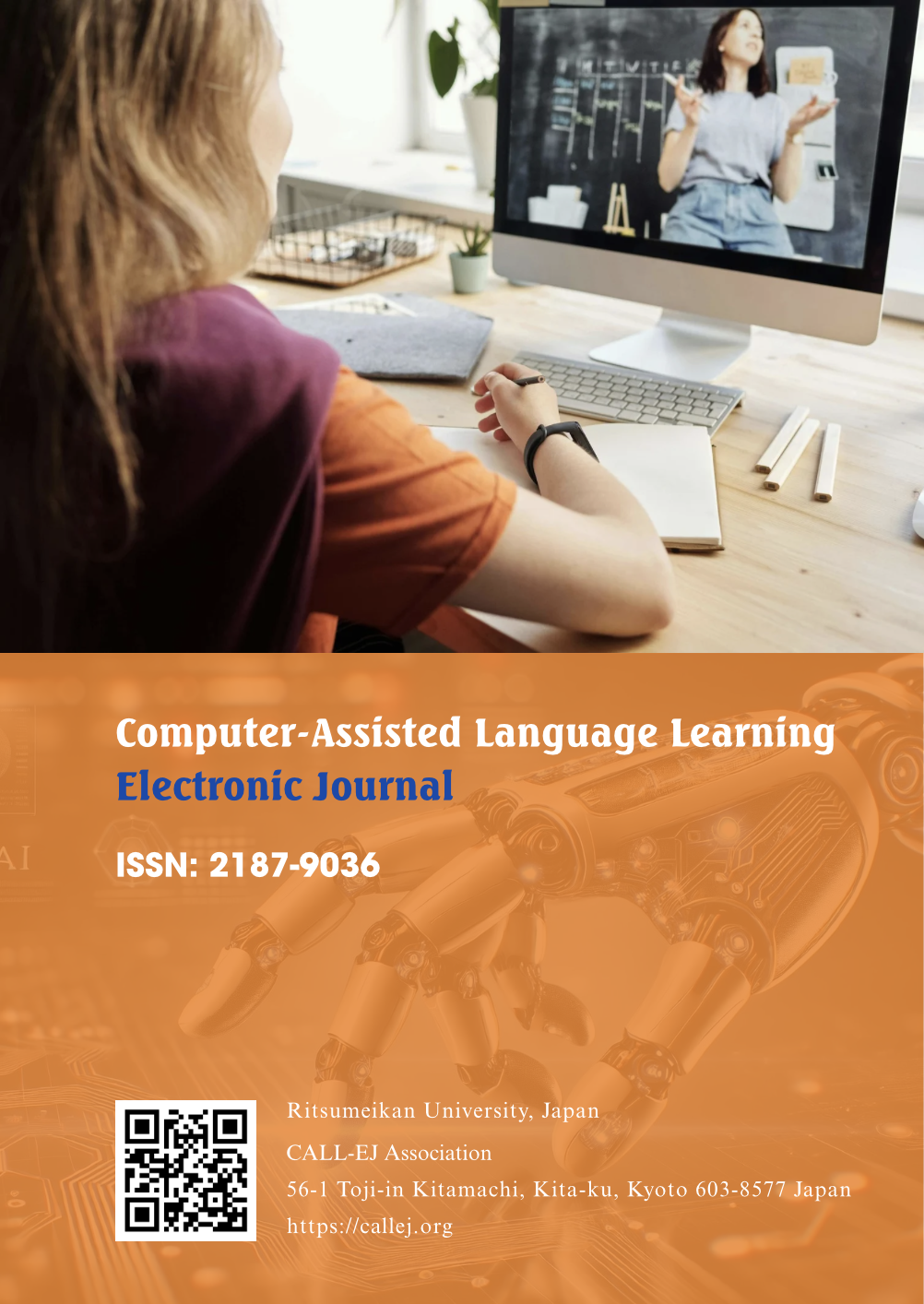Enhancing Competencies through AI Technology and Translation Integration in the Bilingual Wall Newspaper Project
DOI:
https://doi.org/10.54855/callej.252631Keywords:
AI technology, translation education, project-based learning, bilingual wall newspaper, competenceAbstract
The paper explores the integration of AI technology in a bilingual wall newspaper (BWN) project as a project-based learning (PBL) activity to enhance translation and translator competencies. The research employs a pragmatic, mixed-methods approach, analyzing quantitative and qualitative data from a questionnaire that surveyed 109 senior translation majors in an eight-week BWN project at an English faculty in Vietnam. The findings indicate that this project significantly improves their competencies, including their enhanced proficiency in document collection, translation quality, AI technology use, post-editing, and layout design, aligning with industry demands for technical proficiency, their simulation of workplace environment to develop critical skills such as communication, teamwork, and management. However, students faced challenges related to specialized terminology, tone consistency, and content organization, highlighting the need for targeted training. The study validates these outcomes through student responses on self-reported improvement, peer assessment, and alignment with professional translation standards. The study concludes the educational value of PBL via the BWN project in translation courses and suggests that incorporating AI-driven tools can prepare students for professional translation work with autonomy. The research then suggests some implications for enhancing translation education by equipping students with both technical and collaborative skills essential for modern translation practice.
References
Downloads
Published
Issue
Section
License
Copyright (c) 2025 Author and CALL-EJ

This work is licensed under a Creative Commons Attribution 4.0 International License.
Copyright of articles is retained by authors and CALL-EJ. As CALL-EJ is an open-access journal, articles are free to use, with proper attribution, in educational and other non-commercial settings. Sources must be acknowledged appropriately.

